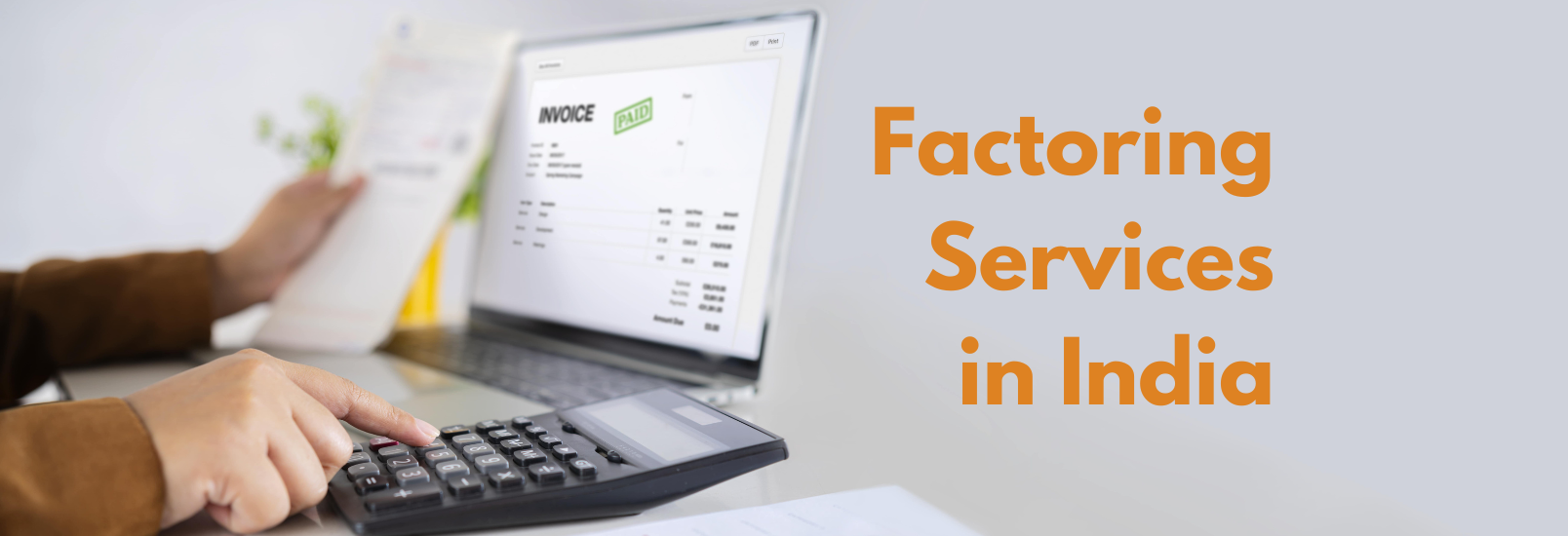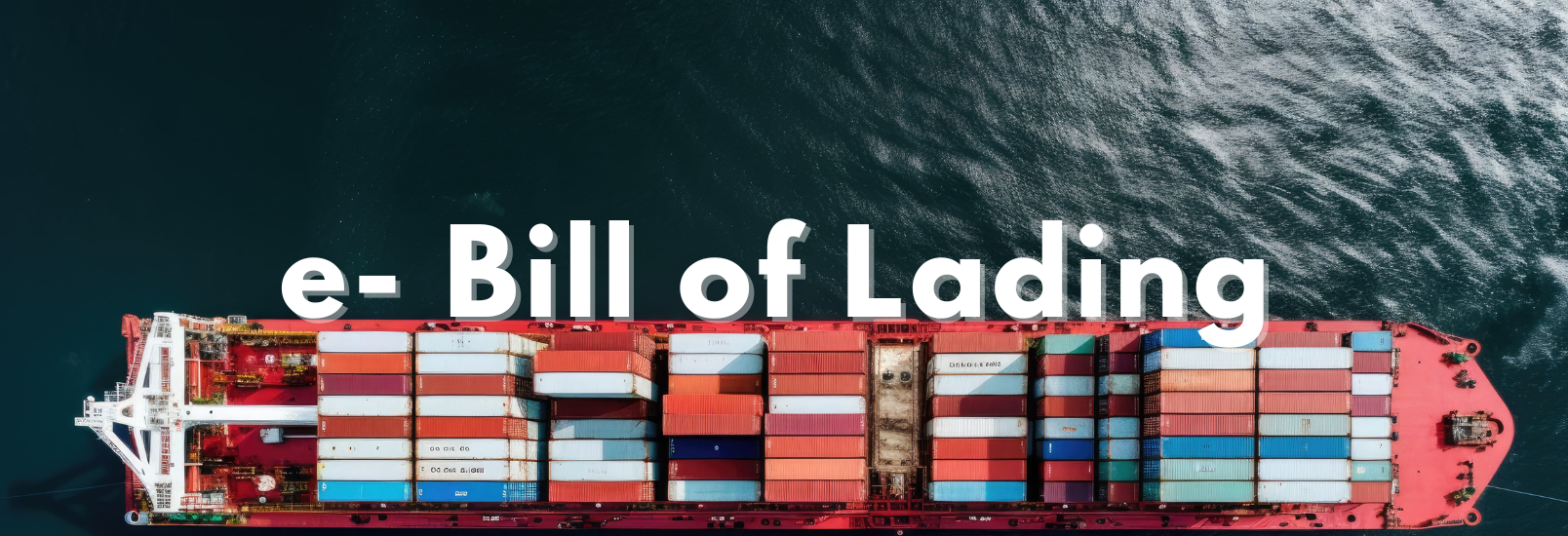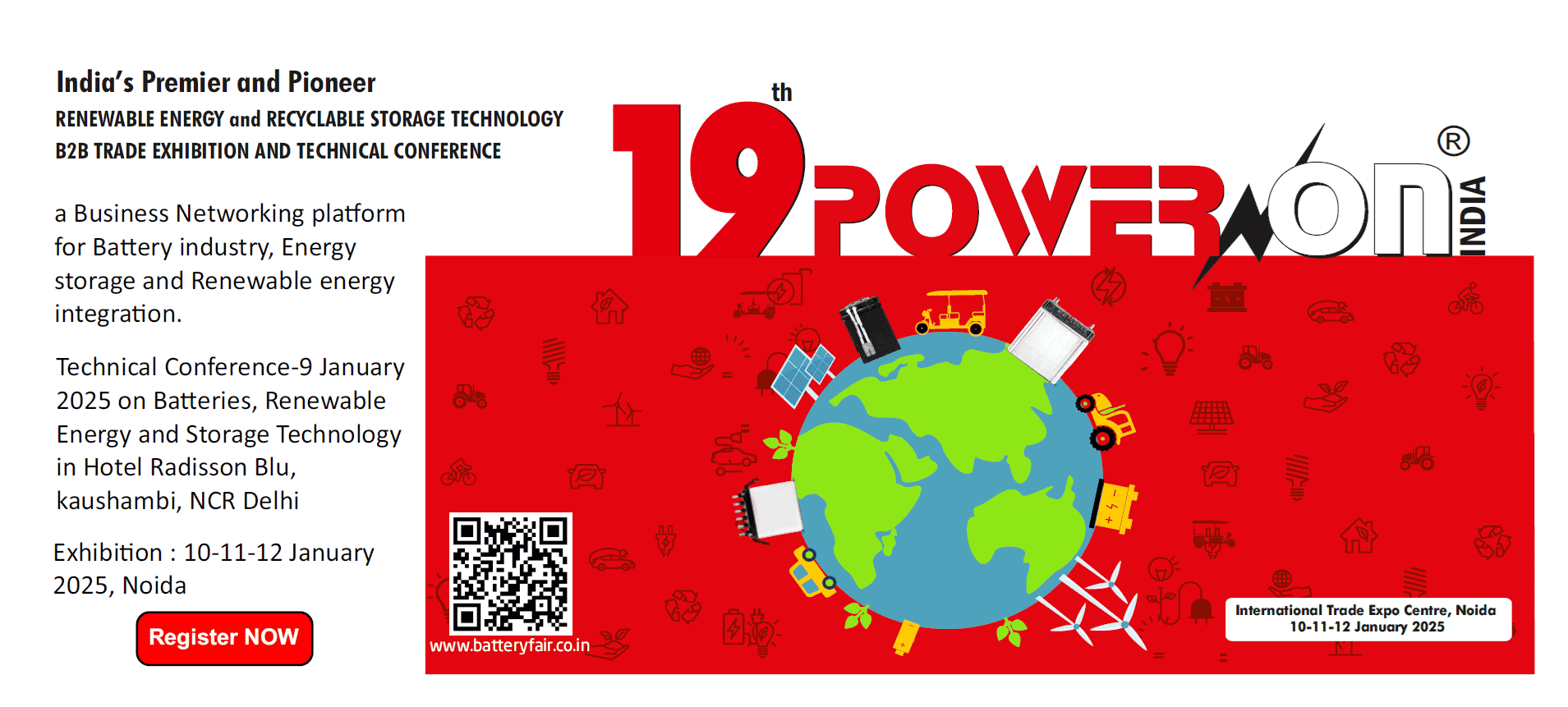Factoring is emerging as a vital financial tool for businesses, especially small and medium enterprises (SMEs) in India. As the country works toward its ambitious target of becoming a $30 trillion economy by 2047, factoring is poised to play a crucial role in solving liquidity challenges, boosting exports, and strengthening the financial ecosystem.
Factoring, also known as invoice financing, involves selling unpaid invoices to a factoring company at a discount. This allows businesses to access immediate cash flow instead of waiting for customers to pay. Unlike loans, factoring doesn’t require collateral, making it an attractive option for businesses.
India’s SME sector, which contributes nearly 30% to the GDP and employs millions, is often plagued by delayed payments. To address this, the Indian government has mandated that payments to MSMEs be made within 45 days. However, delays persist, creating cash flow bottlenecks. Factoring bridges this gap by providing immediate liquidity, ensuring businesses can meet operational expenses and invest in growth.
1. Issuing the Invoice: Businesses issue invoices for goods or services provided on credit.
2. Selling the Invoice: Instead of waiting for customer payments, businesses sell the invoices to a factoring company.
3. Advance Payment: The factoring company pays a percentage of the invoice value (usually 70-90%) upfront to the business.
4. Customer Payment: The customer pays the full invoice amount to the factoring company as per the payment terms.
5. Final Settlement: The factoring company deducts its fees and transfers the remaining amount to the business.
• Recourse Factoring: In this type of factoring, the business (seller) is responsible for repaying the factoring company if the customer (debtor) does not pay. This means the business bears the risk of non-payment, making it a lower-cost option compared to non-recourse factoring.
• Non-Recourse Factoring: Here, the factoring company takes on the risk of customer non-payment. If the debtor defaults, the business does not need to reimburse the factoring company. This offers businesses more protection but usually comes with higher fees since the factoring company bears greater risk.
1. Domestic Factoring:
When the Customer (Debtor), the business (seller) and the Factoring company are in same country. Where invoices are raised on open account sale of goods/services i.e payment will be made by the debtor in 30 to 120 days.It is most suitable for businesses with customers who have satisfactory external credit ratings, typically BBB- and above. Factoring companies assess the creditworthiness of the debtor before advancing funds, ensuring reduced payment risks for sellers.
2. Export Factoring:
Export factoring caters to businesses engaged in international trade, where invoices are raised on open account terms i.e. payment will be made by the debtor in 30 to 120 days. It provides exporters with immediate cash while protecting them against credit and political risks. This is often backed by credit insurance or through a global factoring chain such as Factors Chain International (FCI), ensuring robust risk management and faster collections.
3. Reverse Factoring:
In this arrangement, large buyers collaborate with a factoring company to facilitate early payments to their suppliers. The buyer’s creditworthiness determines the terms, ensuring suppliers receive timely payments, which enhances the overall supply chain’s efficiency.
1. Factoring is Expensive:
While factoring involves fees, its cost must be evaluated against the benefits. Delayed payments or lost business opportunities often result in higher costs. Factoring provides immediate liquidity, which can help businesses take advantage of growth opportunities that far outweigh the fees. Additionally, factoring fees are typically lower than interest on overdrafts or loans for businesses with strong customers.
2. Factoring is Only for Struggling Businesses:
Factoring is a strategic tool for businesses of all sizes. Many profitable companies use factoring to optimize cash flow, scale operations, or expand to new markets.
3. All Factoring is Non-Recourse:
This is a common misconception. Many factoring arrangements in India are recourse-based, meaning businesses remain responsible for customer defaults. Non-recourse factoring, which transfers the risk to the factoring company, is available but usually at a higher cost. Businesses must carefully evaluate which type suits their risk profile.
4. Factoring Damages Customer Relationships:
Factoring companies maintain professional collection practices, ensuring smooth customer interactions. Many customers also appreciate the streamlined payment process.
India’s vision of becoming a $30 trillion economy by 2047 requires robust support for its SME sector, global competitiveness and supply chain efficiency. Factoring can play a pivotal role in this journey by:
Despite its benefits, factoring remains underutilized in India, with market penetration under 5-10%. Challenges include low awareness, limited adoption of digital platforms, and regulatory constraints.
To unlock its full potential, businesses and policymakers must focus on:
MNS Credit Management Group role is to connect businesses with the right factoring solutions, simplify the process and ensure smooth execution. By understanding your unique financial needs, MNS helps you unlock working capital and sustain business growth.
Factoring is a powerful financial tool, and with the right partner, businesses can effectively overcome cash flow challenges and focus on expansion. Reach out to us to explore how our factoring services can support your business journey!
Factoring is not merely a financing option; it is a critical enabler of growth and resilience for Indian businesses. As India aims to achieve its ambitious $30 trillion economy target by 2047, factoring will play an essential role in empowering SMEs, boosting exports, and improving supply chain efficiency.









